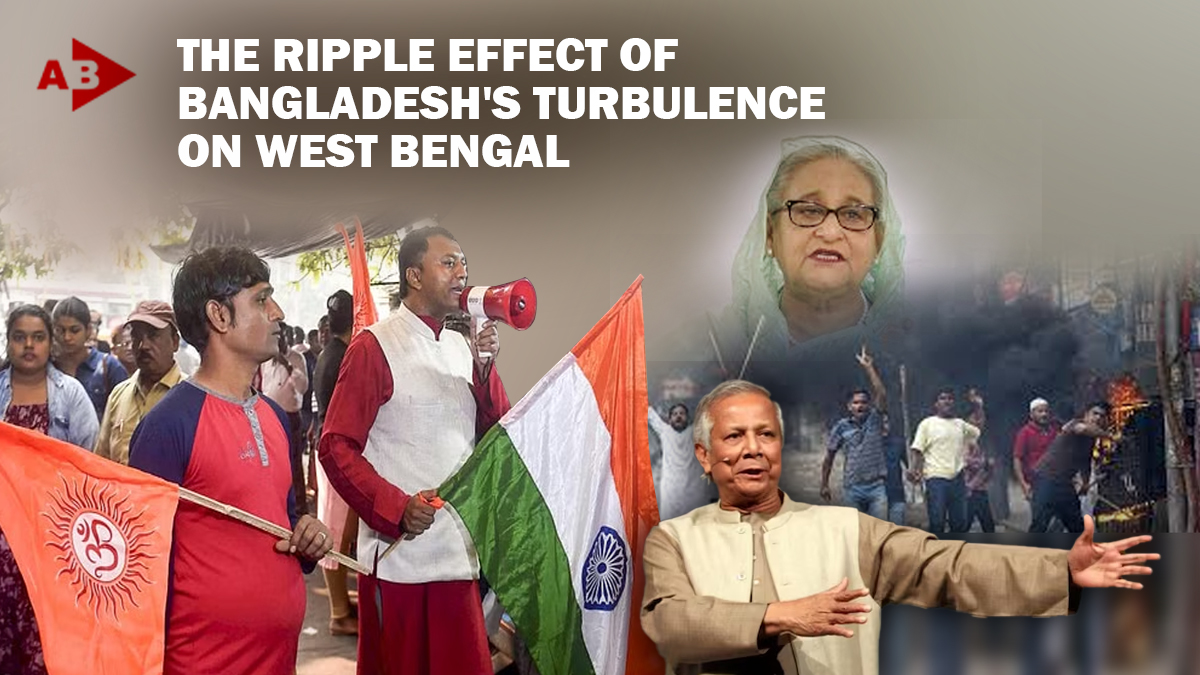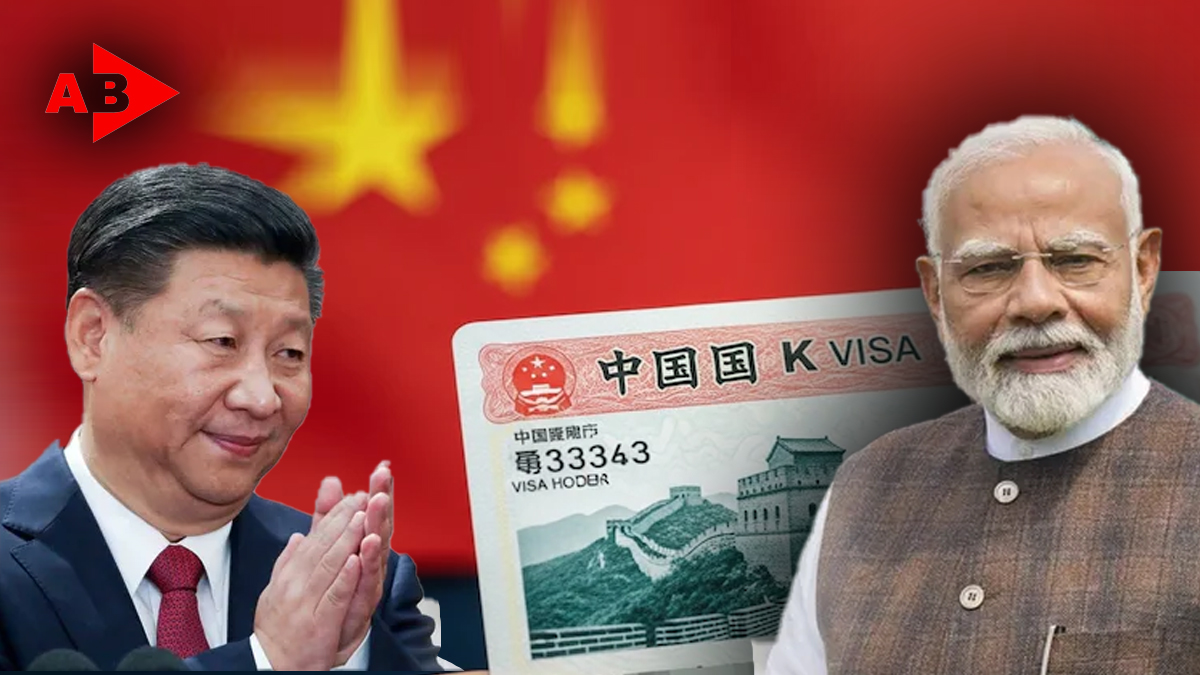
Analyzing the Implications of Sheikh Hasina’s Exit for India-Bangladesh Relations and the Political Terrain in West Bengal
Explore how the political instability in Bangladesh, following Sheikh Hasina’s departure from power, is impacting the political landscape of West Bengal, India. Understand the implications for communal relations and cross-border dynamics.
AB News, New Delhi: In recent months, the political landscape of Bangladesh has undergone a dramatic transformation with the fall of Prime Minister Sheikh Hasina’s government, igniting growing apprehension within India. The Indian government’s unease is indicative of the complex and intertwined fates of these two neighboring nations, especially in light of the new interim administration under Mohammad Yunus, which has vocally challenged India’s diplomatic stance.
Bangladesh-India Border: A Geopolitical Perspective
Often termed an “India-locked country,” Bangladesh shares a staggering 94% of its international borders—approximately 4,367 kilometers—with India, with 2,216 kilometers adjacent to West Bengal. This geographical reality means that any political disruptions in Bangladesh directly reverberate into West Bengal. Here, historical, cultural and linguistic ties weave a rich tapestry of cross-border relationships, underscoring the transnational bonds that complicate simplistic political narratives.
The intertwined demographics further intensify these connections: about 8% of Bangladesh’s population is Hindu, while approximately 27% of West Bengal’s residents are Muslim. This proximity exacerbates communal tensions; any flare-up in communal violence or political instability on one side of the border can swiftly cascade across.
Political Repercussions in West Bengal
The crisis in Bangladesh has prompted significant reactions from West Bengal’s political entities, particularly from the Bharatiya Janata Party (BJP), which has adopted an aggressive stance toward the emerging situation. The BJP has leveraged this turmoil to bolster its narrative of protecting persecuted minorities, staging protests outside the Bangladeshi consulate in Kolkata and urging the Indian government to take decisive action.
The political climate has become increasingly charged, with BJP leaders issuing ultimatums regarding trade relations between India and Bangladesh unless the Indian government ensures the safety of Hindus in Bangladesh. Dilip Ghosh, the BJP Vice President, has gone so far as to assert that India is capable of economically impairing Bangladesh should the situation for minorities fail to improve.
Conversely, West Bengal Chief Minister Mamata Banerjee has also stepped into the fray, calling for robust action from the central government, including a demand for the deployment of UN peacekeeping forces in Bangladesh. This reflects a nuanced approach, as Banerjee seeks to navigate her political positioning between local Hindu sentiments and the broader diplomatic context.
Economic Consequences of Political Strife
The fallout from Bangladesh’s political upheaval has not only affected diplomatic relations but also economic dynamics, with a noticeable decline in Bangladeshi tourism to India. Statistics from India’s Ministry of Tourism reveal a stark decline in Bangladeshi visitors—from 21.19 lakh last year to merely 12.85 lakh in the first eight months of 2024. This represents a staggering decrease in what has historically been a profitable tourism corridor for Kolkata.
Moreover, the commercial heart of Kolkata, particularly Marcus Street—once bustling with Bangladeshi shoppers—has shown signs of diminished activity, causing concern among local business owners who rely on this demographic. Analysts argue that the BJP’s strategy may be fostering religious polarization, yet its effectiveness remains questionable as communal identities continue to intersect in unpredictable ways.
Social Dynamics and Community Concerns
The social implications of the crisis in Bangladesh extend beyond mere political rhetoric. Residents in West Bengal, irrespective of their religious affiliations, are increasingly alert to the situation across the border. Many, like shopkeeper Mushtaq Ahmed, have expressed anxiety regarding the safety of religious minorities in Bangladesh, highlighting that the social media landscape is rife with fears over communal violence—an issue that while less apparent in West Bengal, is acutely visible among Hindus in Bangladesh.
Thoughts: Navigating a Turbulent Landscape
The political upheaval in Bangladesh, particularly following the removal of Sheikh Hasina, has engendered a climate of anxiety in West Bengal’s political narrative. This evolving situation poses complex challenges, where communal ties, economic interdependencies and social relationships create a delicate balance that can easily be disrupted by political fluctuations. As both regions grapple with the ramifications of current developments, the interplay of security, community interests and political strategies will undoubtedly shape the future of their interactions. In an increasingly interconnected world, the need for thoughtful diplomacy and intra-community dialogue will be essential as both West Bengal and Bangladesh navigate this turbulent period.


